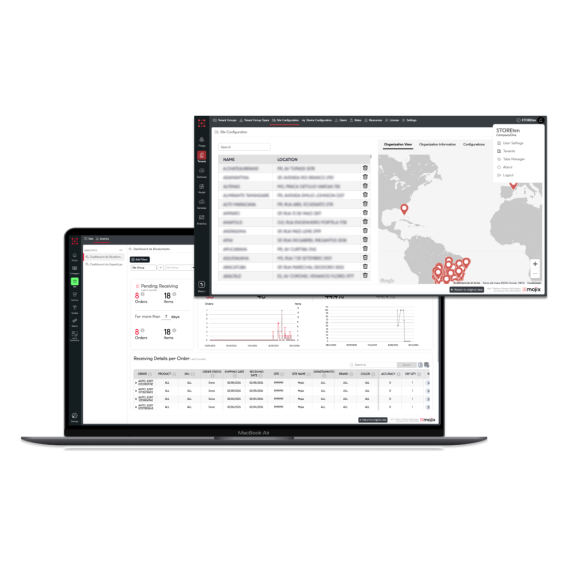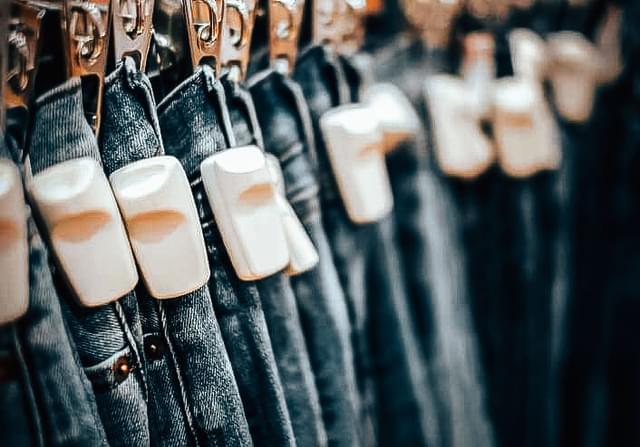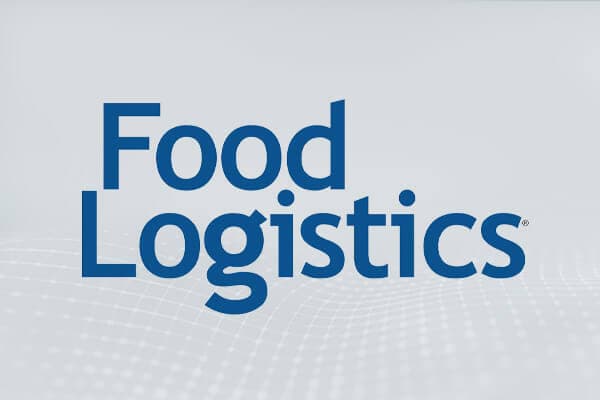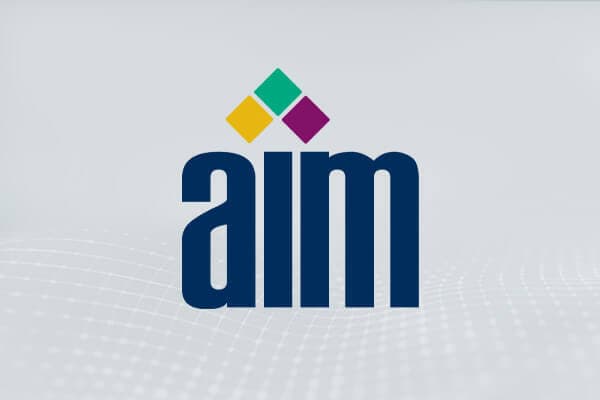
Retail
Item-level visibility

Mojix Retail is the proprietary solution retailers need to optimize business performance, enable unified commerce, lower cost to serve and improve customer experience. Whether a small-to-medium-sized business or a global enterprise, Mojix Retail empowers your brand to increase profitability, improve margin integrity, and ensure regulatory compliance at every intersection of the supply chain.

Retail brands need an inventory management system that paces with the speed of their business. As production cycles, ESG regulations, and customer expectations continue to evolve, so do track and trace demands. Average retail inventory visibility is between 60-70%.
Your brand needs technology that empowers you to do much better than that.
Mojix Retail
Bringing data accuracy to retail one item at a time
Bringing data accuracy to retail one item at a time
Mojix Retail puts much-needed interoperable data solutions in retailers’ hands. Track serialized, individual items at every stage of their lifecycle, from raw material sourcing to final display on the shelf.

Track every critical event
Get the full picture of every inventory item to respond quickly to events and reduce setbacks.
Eliminate The Go-Between
Funnel multiple complex technologies into one data delivery system to simplify your processes and make faster, better decisions.
Achieve up to 99% inventory accuracy
Equip your stores with real-time visibility to achieve increased costs and customer satisfaction.
Maintain Accurate Movement Records
Harness powerful data accuracy to ensure transparent production, transportation, and compliance records.
Initiate Easier Repairs, Returns, and Exchanges
Rebalance your items efficiently to prevent stockouts, overstocks, and revenue loss. Optimize inventory management and reduce safety stocks.
RFID Retail Inventory Management
Movement Beyond the SKU
RFID Retail Inventory Management
Movement Beyond the SKU
The retail industry’s shift from SKU-only to item-specific tracking has emerged out of necessity. Retailers and their suppliers don’t have the level of detailed data they need when limited to SKU-level data. Not only must retailers gain access to real-time data on each type of product in stock, but they must also know the condition and status of every item as a stand-alone unit.
SKUs remain industry standard, but not for long. More sophisticated tracking methods are in demand as retailers strive to meet more complex production, distribution, delivery, and traceability demands. The lack of specificity of SKU-level data is becoming obsolete. Real-time, item-level visibility is the answer.
Companies that manage high-volume inventory such as electronics, premium merchandise, and sensitive foods already know the importance of real-time, item-level visibility (RTILV). Brands want to adopt item-level intelligence but need more support due to the intricacy of existing technologies. There’s simply a lack of solutions that make RTILV possible.
That’s why retailers trust Mojix Retail.
White paper
Digital product passports are here. Are you prepared?

Falabella
Total value chain visibility, from raw source to store shelf
Total value chain visibility, from raw source to store shelf
Falabella improved inventory accuracy to 97% after implementing the Mojix Retail.



Item-Level Traceability: The Key to Future-Proofing Food Brands
Learn more




